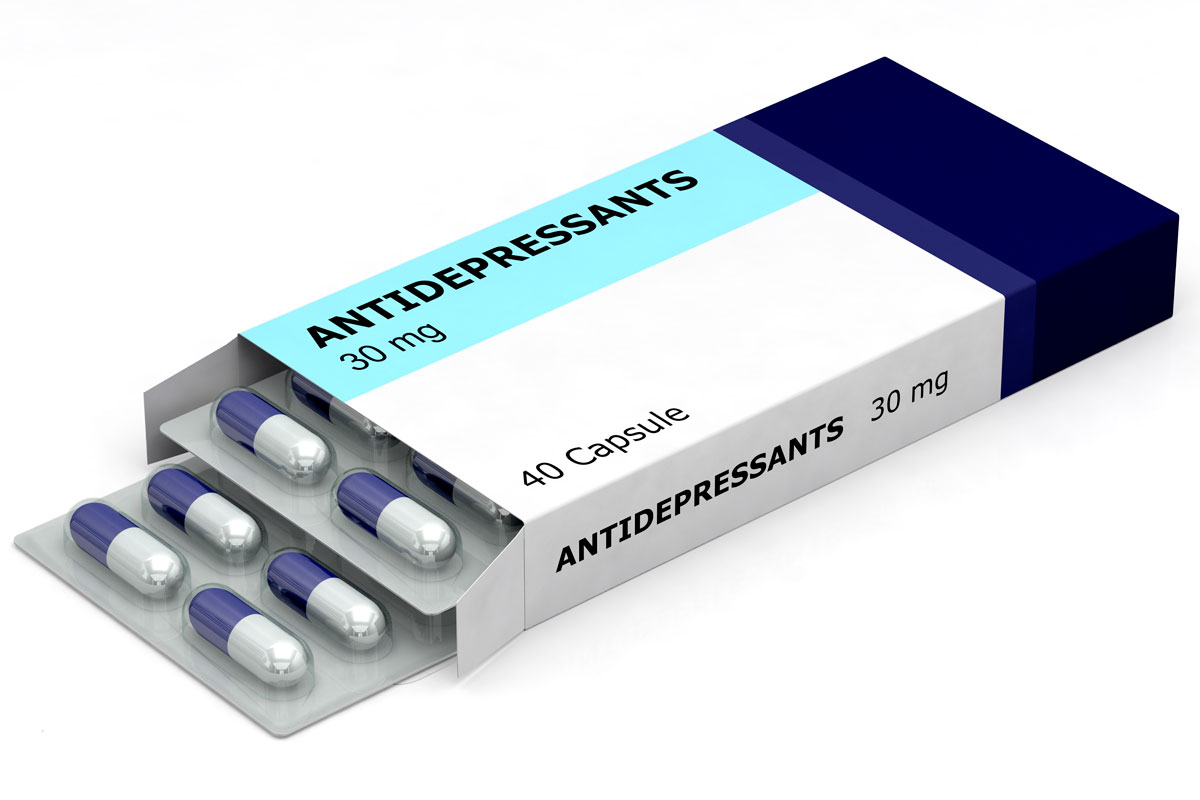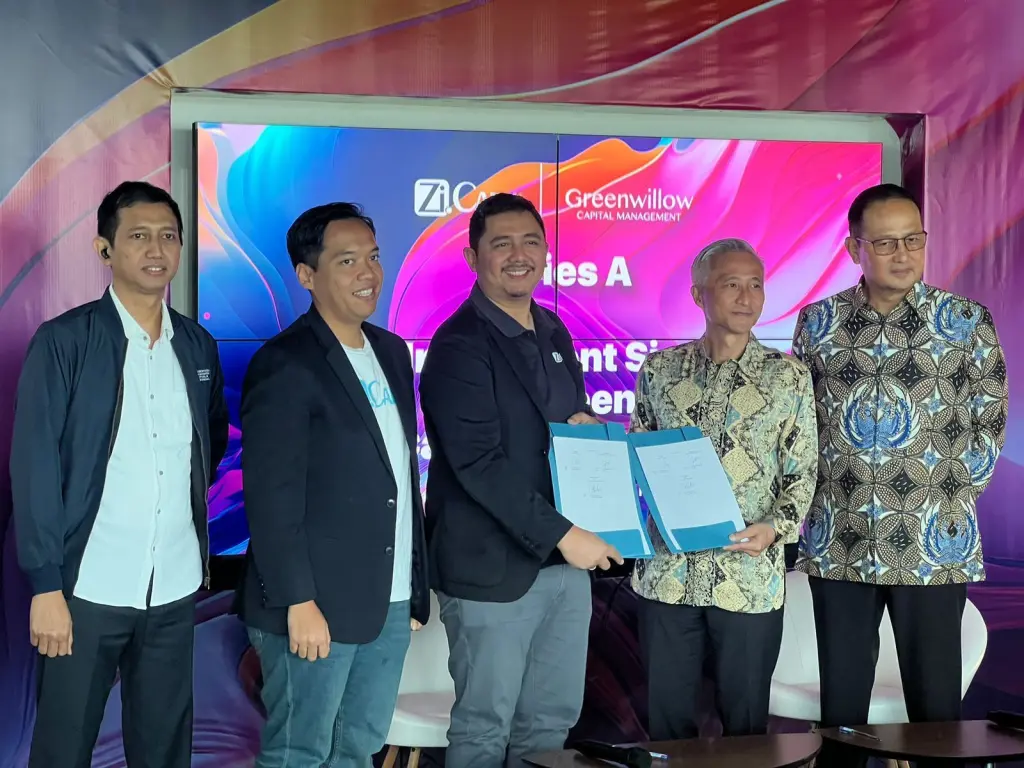 JP Rangaswami, has a background in economics and journalism and he has been a technology innovator and chief information officer for many leading financial firms. As an advocate for open source and disruptive technologies, Rangaswami has been a leading force in the success of multiple startups, including School of Everything,
JP Rangaswami, has a background in economics and journalism and he has been a technology innovator and chief information officer for many leading financial firms. As an advocate for open source and disruptive technologies, Rangaswami has been a leading force in the success of multiple startups, including School of Everything,
In the following TED video, listen to Rangaswami tell us about how he thinks deeply (and hilariously) about disruptive data, and muses about our relationship to information, and offers a surprising and sharp insight: we treat it like food.
“Information, if viewed from the point of view of food, is never a production issue. … It’s a consumption issue, and we have to start thinking about how we create diets [and] exercise” – JP Rangaswami






























Here in this talk, we see the striking analogy between food and information. In cultivation of food, people moved from hunters (gatherers) of food (information) who wanted to be free and roam and pick up information as they wanted, to become farmers and cultivators of food (information) who wanted to build fences around it, claim ownership, wealth, structure, and settlement.
Then in preparation of food (information) there were two schools, one group said you can distill the information, extract value, separate and serve it (food/information) up, while another group said you can ferment it, bring it all together, mesh it up and the vakue emerges that way.
In consumption of food, we can do it in so many ways to consume it, you can buy the ingredients, cook it, and eat it (gather raw data and then assemble the final result – information), buy it from the shelf (pick up information from ready sources), etc.
Just as for food, information had a sale by dates, so that people could no misuse information that was outdated or that wasn’t dated and labelled right, and so report wrongly, that is to say like food that had no sale by dates i.e. expiry dates, and was then consumed.
I now draw the analogy to our roles as farmers and cultivators of information that is cultivated by others (suppliers of information), we gather the data,then we prepare the information in what so ever way, let others consume it when we prepare reports so others can consume that ready made information or allow others to tap our databases and medical records for information they need.
We need to be careful to date and label our reports, so that someone does not wrongly report old information that is no longer relevant.
What say you?